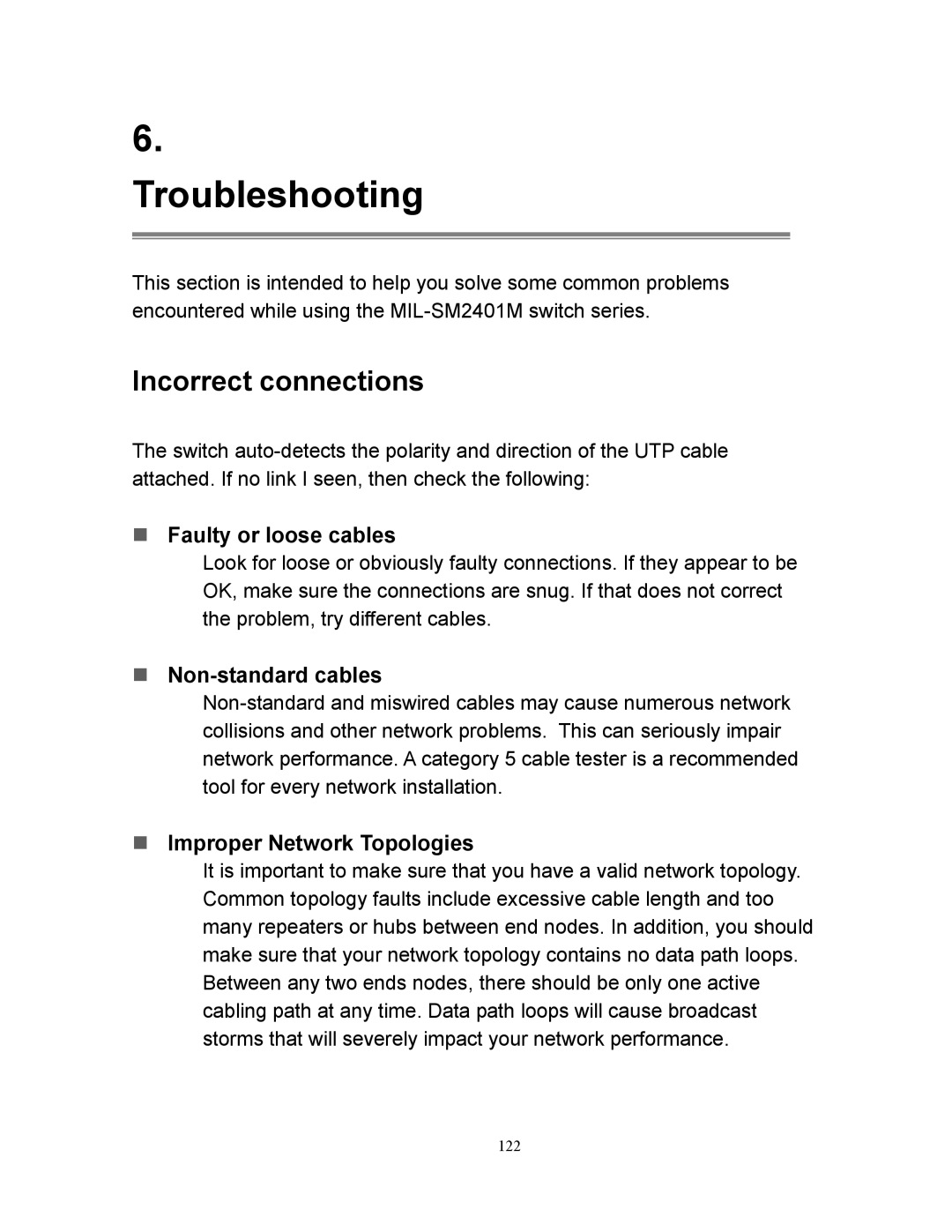MIL-SM2401M specifications
The Milan Technology MIL-SM2401M is a versatile and powerful mobile communication device designed to meet the demands of modern users in both professional and personal scenarios. With its robust design and advanced features, the MIL-SM2401M stands out as a reliable option for individuals who need a device that can handle rigorous tasks while ensuring seamless connectivity.One of the main features of the MIL-SM2401M is its superior build quality. The device is engineered to withstand harsh environments, making it suitable for outdoor use and industries such as construction, logistics, and military applications. With a durable casing that offers water, dust, and shock resistance, users can trust that their device will perform reliably under challenging conditions.
In terms of connectivity, the MIL-SM2401M is equipped with a variety of communication options. It supports 4G LTE for high-speed internet access, ensuring users can stay connected even in remote areas. Additionally, the device includes Wi-Fi capabilities and Bluetooth, allowing for flexible connectivity with other devices and networks. This ensures that users can share data effortlessly and maintain communication regardless of their location.
The MIL-SM2401M features a user-friendly interface, making it easy to navigate through its extensive functionalities. The device comes with a large, high-resolution display that provides clear visibility in various lighting conditions. This display further enhances the usability of the device, whether for reading texts, viewing maps, or accessing important applications.
Moreover, the device is powered by an efficient battery that offers extended usage time, which is crucial for users who rely on their devices throughout the day. With operational efficiency at its core, the MIL-SM2401M is designed to optimize power consumption, ensuring that users can maximize productivity without the frequent need to recharge.
Equipped with cutting-edge technologies, the MIL-SM2401M also supports advanced security features, including biometric authentication and encryption options to safeguard sensitive information. This is particularly essential for corporate users who handle confidential data.
In summary, the Milan Technology MIL-SM2401M is a rugged and feature-rich device that caters to the needs of users requiring reliability, connectivity, and security in various environments. Its combination of durability, advanced connectivity options, and user-friendly design makes it an ideal choice for professionals in demanding fields as well as for anyone seeking a dependable mobile communication solution.
